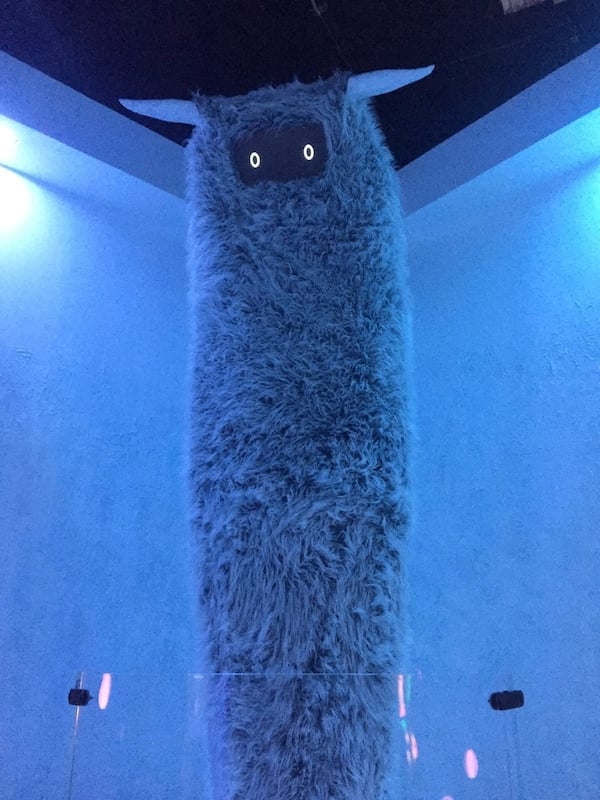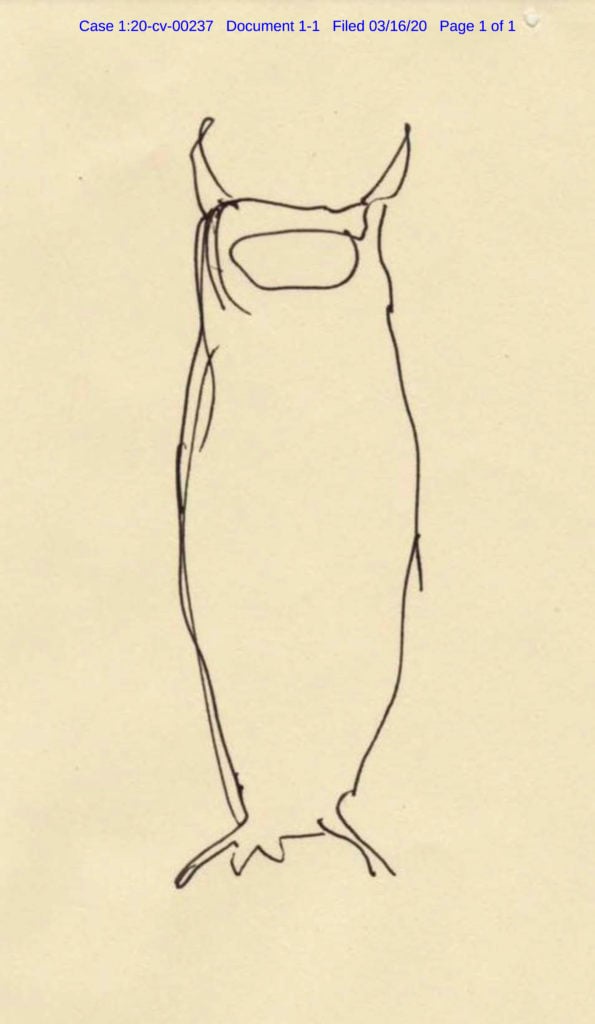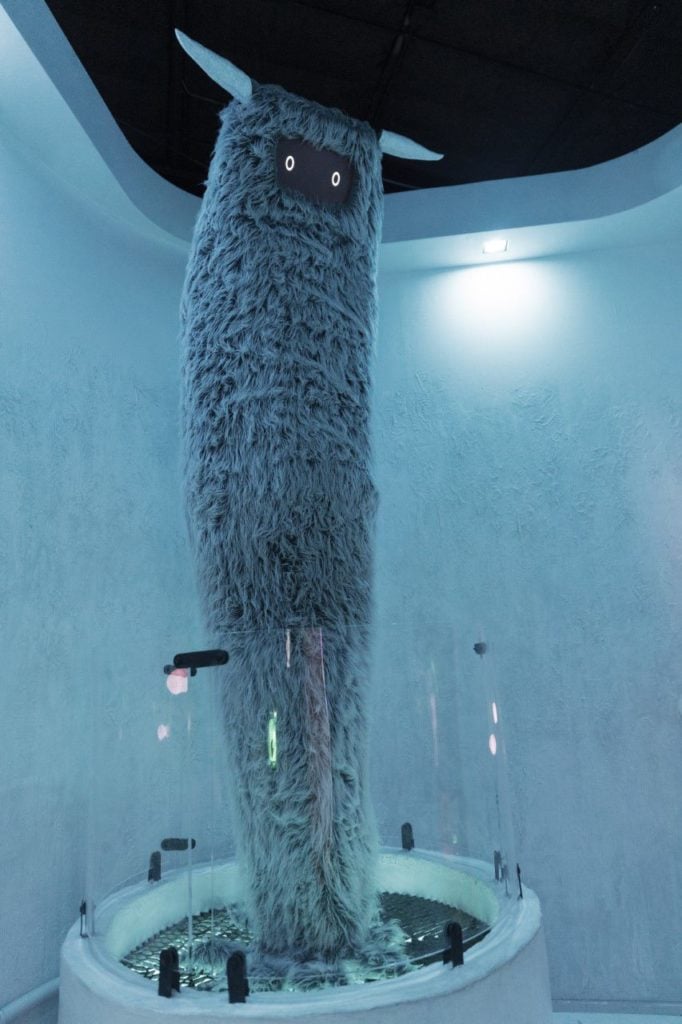Law & Politics
In a Blow to Experience-Art Emporium Meow Wolf, a Judge Allows an Artist’s Copyright Lawsuit to Proceed
Meow Wolf had moved to dismiss most of the artist's claim, but the judge denied their motion.

Meow Wolf had moved to dismiss most of the artist's claim, but the judge denied their motion.

Sarah Cascone

A judge in New Mexico has given artist Lauren Adele Oliver the green light in her copyright lawsuit against Meow Wolf, the one-time Santa Fe art collective that is now an entertainment behemoth.
Oliver is the artist behind Space Owl, a quirky sculpture that became perhaps the most well-known installation at the House of Eternal Return, Meow Wolf’s interactive Santa Fe art experience, which became a sensation after it debuted in 2016.
Judge Kirtan Khalsa has mostly denied Meow Wolf’s motions to dismiss Oliver’s case, agreeing to hear the dispute in an opinion issued November 25.
“We’re pleased that the judge agreed that the most substantive of Oliver’s claims can proceed to litigation,” Jesse Boyd, the plaintiff’s lawyer, told Artnet News. “We look forward to succeeding and validating Oliver’s rights, and ensuring that Meow Wolf honors the promises they made to her, either directly or pursuant to a verdict after trial.”
“While it is our practice not to comment on pending litigation, the assertions that are being made are inaccurate and we recommend they reexamine their legal standing,” a Meow Wolf representative told Artnet News.

Lauren Adele Oliver/Quellette, Space Owl (2006). Courtesy of the artist.
In March, Oliver sued Meow Wolf and its cofounder and then-CEO, Vince Kadlubek, for copyright violation, breach of contract, unjust enrichment, and misrepresentation over the terms of Space Wolf’s inclusion in the exhibition. She is seeking over $1 million.
Originally created in 2006, Space Owl allegedly caught the eye of Meow Wolf leadership at a Santa Fe gallery show. When approached by the collective, Oliver agreed to build a climate change-themed installation, titled “Ice Station Quellette,” featuring the otherworldly creature.
She maintains that in exchange, she was to become part of the company and was to share proportionately in the exhibition’s profits. Oliver alleges that this verbal contract was never formalized, and that she only ever received $2,000 in compensation, even as Meow Wolf raised $158 million to open additional locations and featured Space Owl in its merchandise and promotional materials.
Meow Wolf had moved to partially dismiss the claim, asking the judge to drop the case against Kadlubek, and all but the copyright claims against the company as a whole. The court, however, found that because Meow Wolf, Inc., was formed in November 2016, months after the House of Eternal Return opened, Kadlubek may still be liable for any breach of contract that may have occurred.

Lauren Adele Oliver/Quellette, Space Owl at Meow Wolf’s “House of Eternal Return.” Photo by Gabriella Marks.
The judge also rejected Meow Wolf’s argument that the verbal contract between Oliver and the collective was too indefinite to be enforced, stating that there is enough evidence of a valid contract to proceed with the case. Even though there was never agreed-upon compensation, the judge said, Oliver is free to calculate a reasonable rate for her labor and material costs.
If the court finds there was no contract between the two parties, Oliver can pursue an unjust enrichment claim as an alternative, the judge found. Jude Khalsa also ruled that a breach of contract did not rule out the additional possibility of misrepresentation on the part of Meow Wolf, noting that the collective’s alleged refusal to meet Oliver to discuss compensation could be evidence that they never intended to pay her.